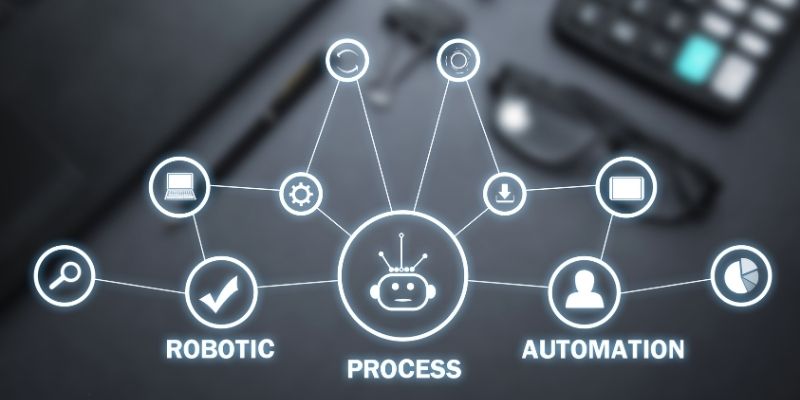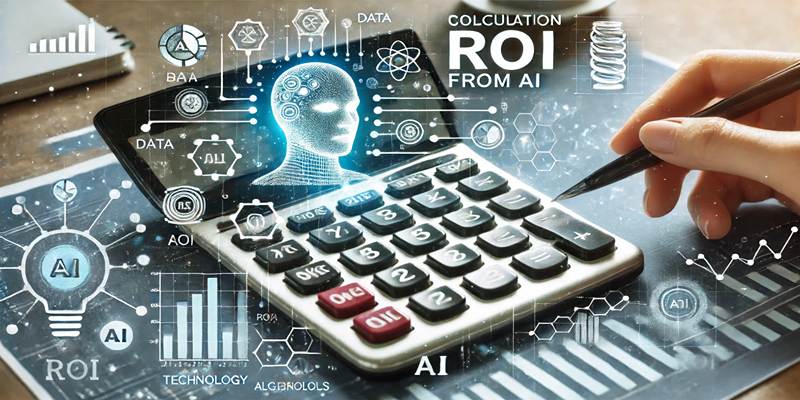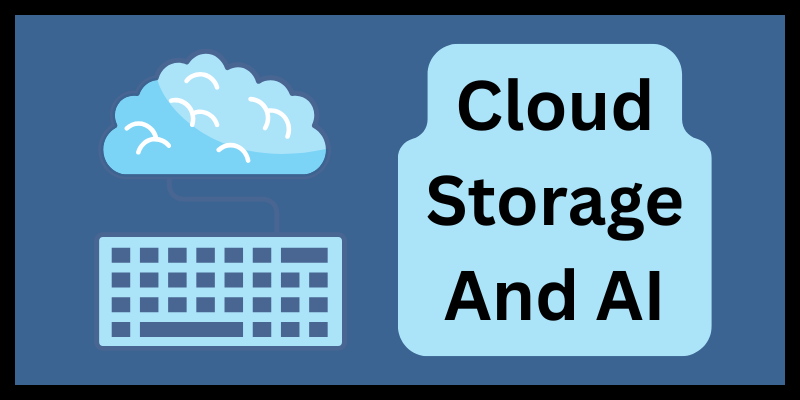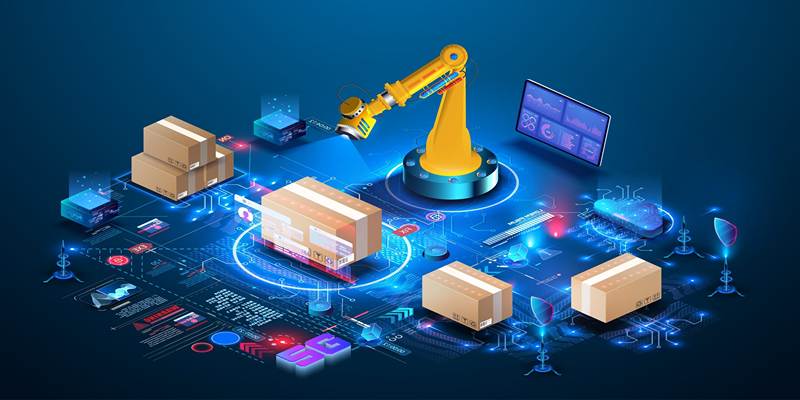AI (artificial intelligence) is changing how companies work today, especially in the purchasing department. Procurement used to be just a back-office job that dealt with buying things, but now it's an important part of driving cost savings, supplier success, and business continuity. With AI, buying changes into a more data-driven and predictive process that fits with the overall goals of the business.
This post explores how AI is influencing procurement and how its impact extends to larger areas of business. It breaks down complex topics into simple, easy-to-understand language while keeping the focus firmly on real-world applications.
What AI Brings to Procurement
AI in procurement refers to the use of intelligent technologies like machine learning, natural language processing, and automation to enhance and speed up procurement functions. These technologies help organizations manage purchasing decisions, evaluate supplier risks, analyze spending, and make smarter choices—without relying solely on human input. While traditional procurement often depends on spreadsheets, emails, and manual tasks, AI systems reduce that burden by learning from data and performing tasks faster, with fewer mistakes.
Benefits of AI in Procurement
AI offers several practical advantages that make procurement faster, more accurate, and more aligned with overall business goals:
- Enhanced Data Analysis: AI reviews large volumes of procurement data, providing quick insights on spending, pricing, and supplier trends.
- Smarter Supplier Selection: Algorithms can evaluate supplier performance based on delivery times, pricing consistency, and customer feedback.
- Automation of Repetitive Tasks: Routine tasks like invoice matching, purchase order creation, or data entry can be handled by bots.
- Improved Forecasting: By analyzing historical trends, AI helps predict future demand, helping companies maintain ideal inventory levels.
How AI Supports the Broader Business
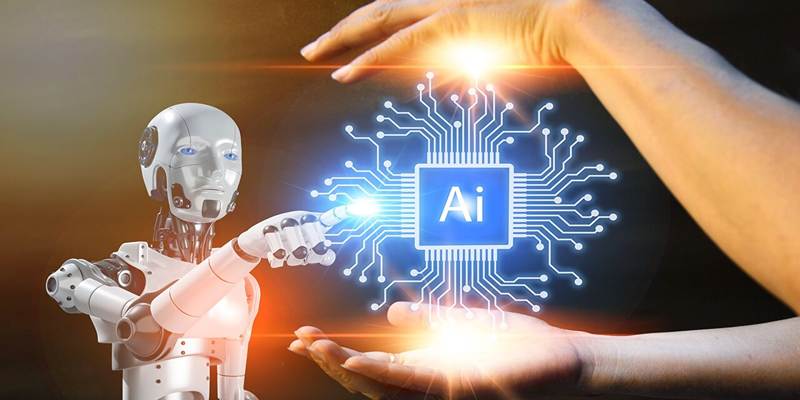
Procurement does not exist in a vacuum. It connects with departments such as finance, operations, logistics, and sustainability. When AI improves procurement processes, the entire organization benefits.
Streamlining Financial Operations
AI tools in procurement directly support budgeting and financial planning by providing accurate data on costs, supplier trends, and upcoming contract obligations. It allows finance teams to make better spending decisions and avoid budget overruns.
Optimizing Supply Chain Efficiency
The supply chain thrives on timing, communication, and visibility. AI helps by offering real-time insights into supplier performance, delivery timelines, and inventory levels. If a supplier is about to miss a deadline, AI can suggest alternative vendors or faster shipping options.
Practical Applications of AI in Procurement
Organizations across industries are now using AI-powered tools in several key procurement functions:
Spend Analysis
AI reviews company-wide spending to identify trends, anomalies, and cost-saving opportunities. It can automatically classify spending data, detect maverick buying, and suggest more affordable options.
Contract Management
Procurement teams often manage hundreds of contracts. AI helps by reading, tagging, and organizing contract terms, expiration dates, and clauses. It also flags compliance issues or missed obligations. One added benefit is the ability to monitor contracts for performance-related metrics—helping teams ensure suppliers meet agreed terms.
Predictive Purchasing
AI tools forecast future buying needs based on seasonality, market demand, or historical patterns. It helps businesses buy the right amount of goods at the right time—reducing waste and storage costs.
AI Tools Supporting Procurement and Business
The current market offers a range of AI-powered tools that help with procurement and broader operations:
- Chatbots: Automate responses to supplier questions, improving communication.
- Machine Learning Models: Predict supplier performance and pricing trends.
- AI Dashboards: Visualize key metrics like procurement cycle time, contract compliance, and cost savings.
- Contract Review Engines: Scan and highlight key terms, reducing the need for manual legal checks.
- Cognitive Procurement Systems: Recommend actions based on data patterns and procurement rules.
These tools are often integrated with enterprise resource planning (ERP) systems to create seamless workflows across procurement, finance, and operations.
Common Challenges When Adopting AI

While the advantages are significant, organizations must address a few hurdles when adopting AI in procurement and business processes:
- Data Readiness: AI relies on clean, structured data. Poor-quality data limits its accuracy and effectiveness.
- Change Resistance: Employees may hesitate to adopt AI tools if they fear job loss or lack training.
- Integration Barriers: AI must fit into existing systems without disrupting current workflows.
- Cost Concerns: Initial investment in AI platforms and training can be high for small or mid-sized businesses.
Despite these concerns, companies that plan their implementation properly tend to achieve high returns on investment over time.
Real-World Examples
Several companies have adopted AI to modernize their procurement strategies:
- A large retail chain used AI to automate supplier evaluations, resulting in faster sourcing and improved contract compliance.
- A global pharmaceutical firm used predictive analytics to forecast demand for critical raw materials, cutting waste and improving product availability.
- A construction company used AI to scan contracts and reduce legal review time by 50%.
These examples show how businesses in different sectors are using AI not just to save time but also to improve decision-making and reduce risk.
What’s Next for AI in Procurement?
The future of AI in procurement and business looks promising. As the technology matures, companies can expect:
- Deeper Personalization: AI systems that recommend suppliers based on company values like diversity or sustainability.
- Autonomous Procurement: Systems that can independently trigger purchases based on real-time data and rules.
- Expanded Use of Natural Language Processing: To analyze emails, chats, and contracts for faster understanding of business needs.
Businesses that begin integrating AI now will be better positioned to handle market changes, inflation, supply disruptions, and evolving customer expectations.
Conclusion
AI is rapidly transforming procurement from a manual, reactive function into a smart, strategic process that supports the broader goals of any business. By automating tasks, improving data analysis, and enhancing supplier relationships, AI helps companies operate with greater efficiency and accuracy. It enables better decision-making and stronger risk management while also aligning procurement with finance, operations, and sustainability efforts. Though challenges like data quality and integration exist, the long-term benefits far outweigh the initial hurdles.


